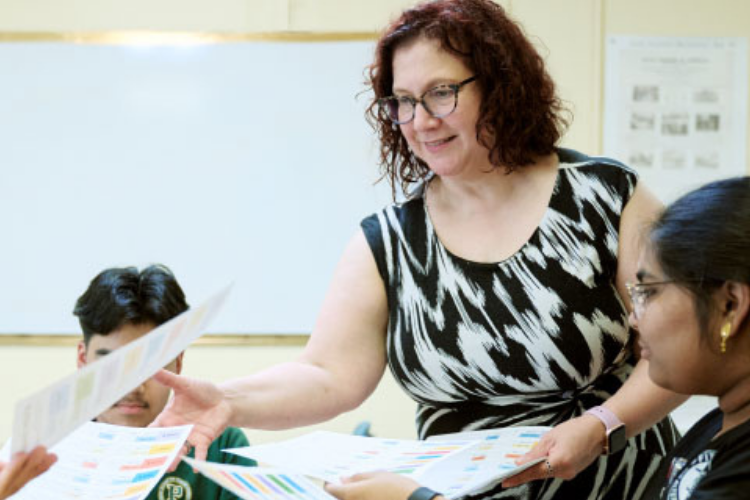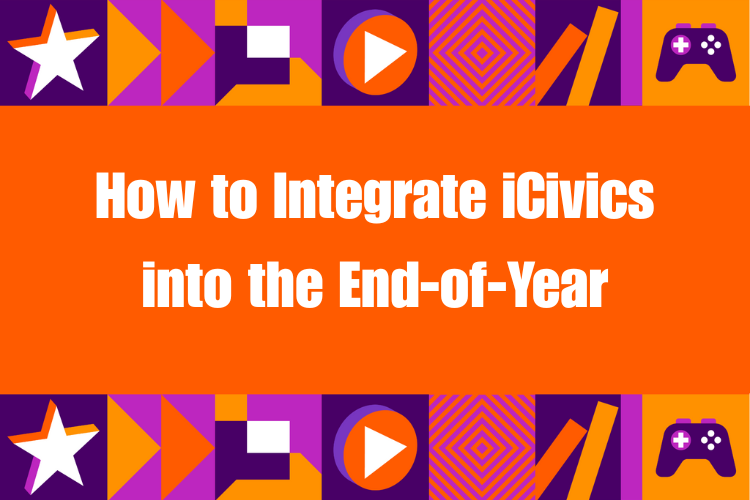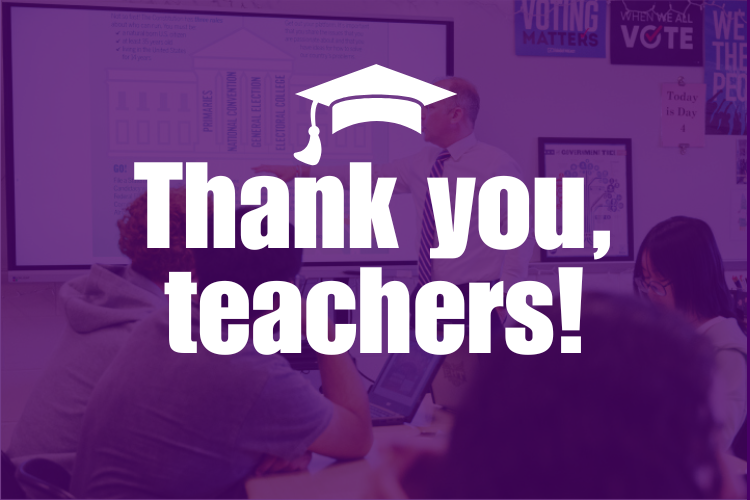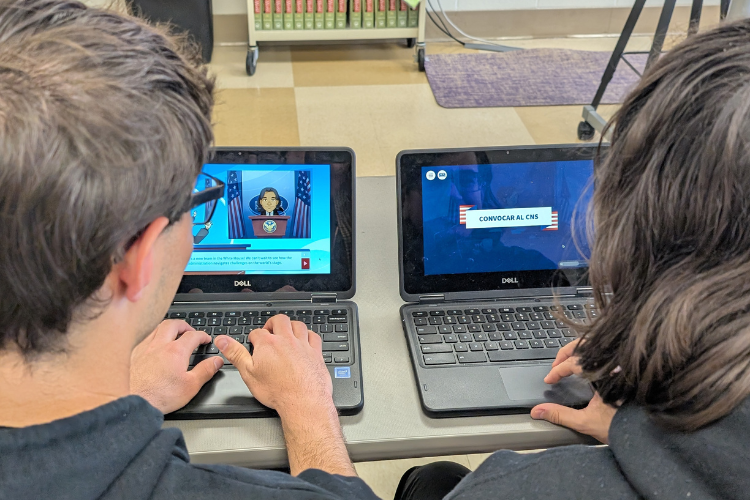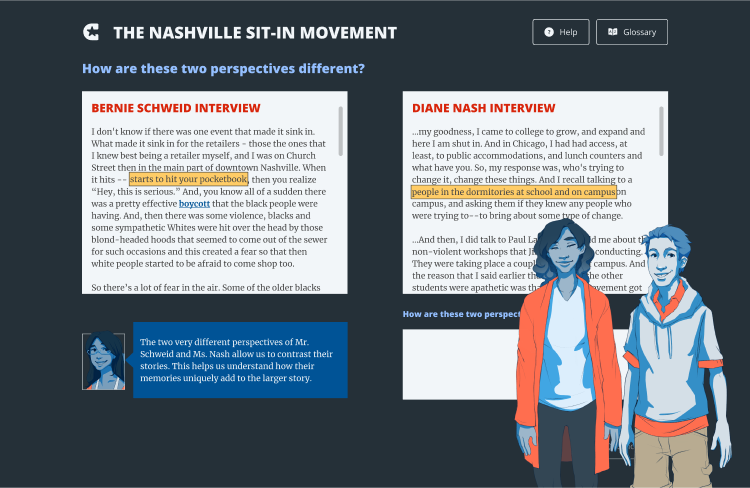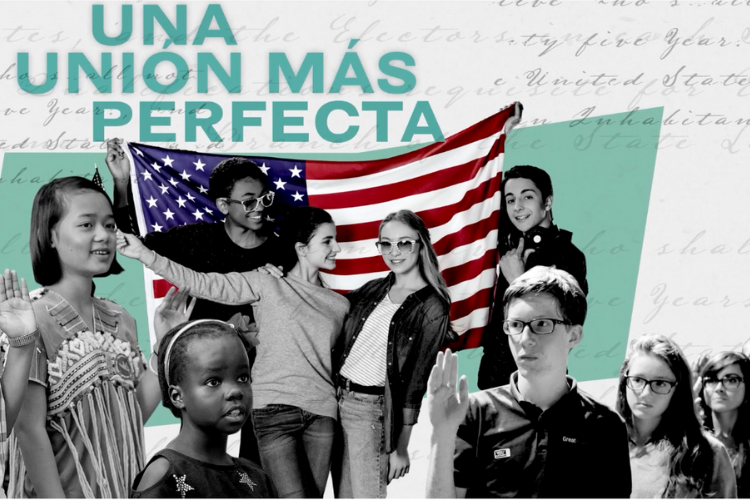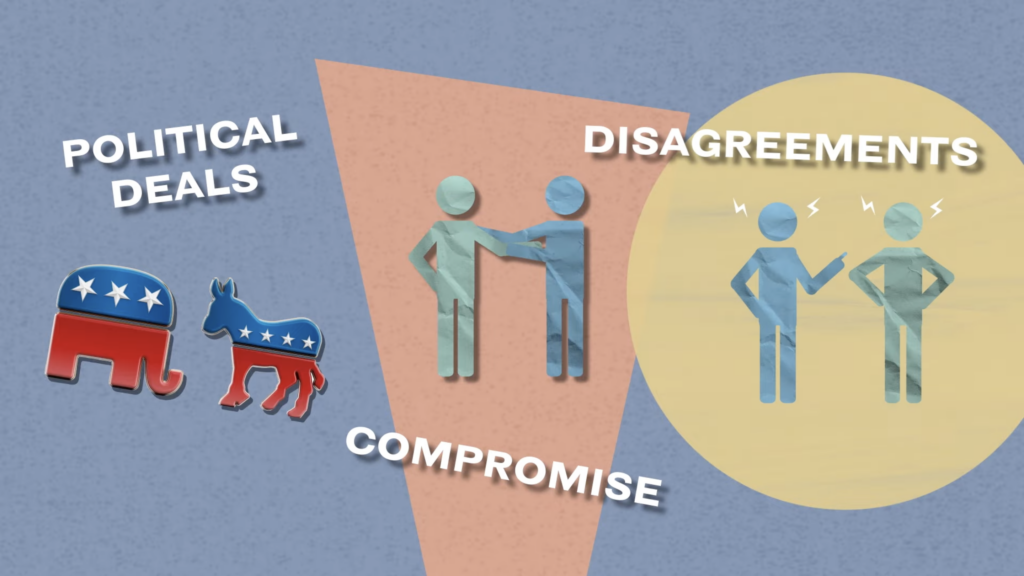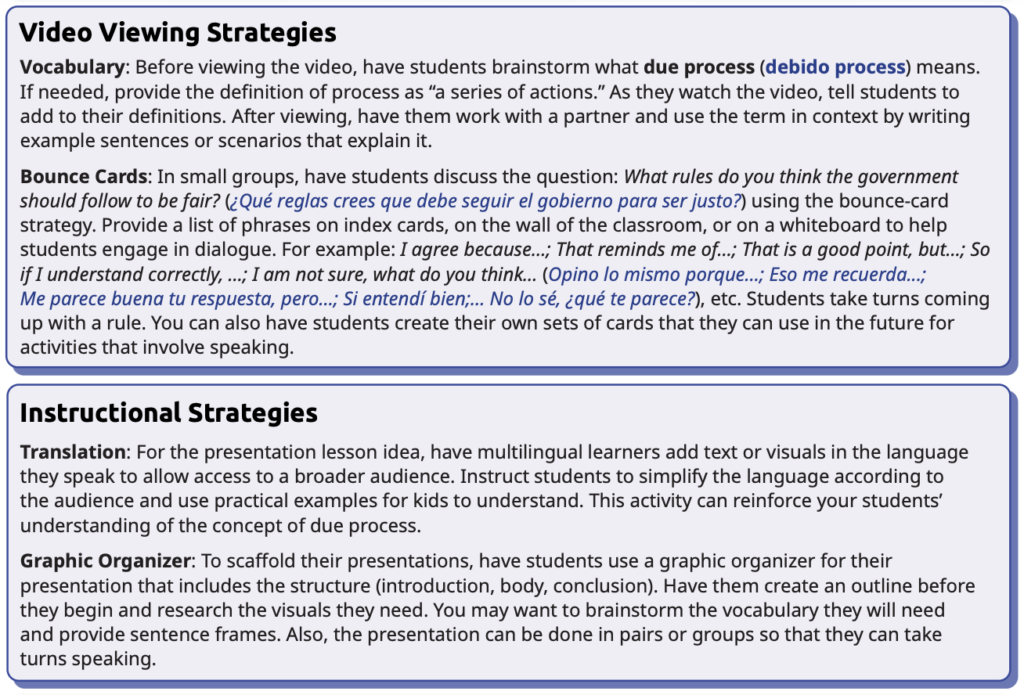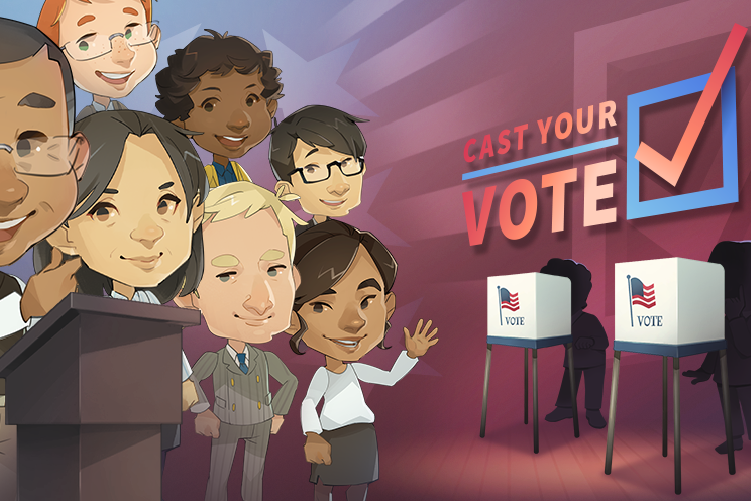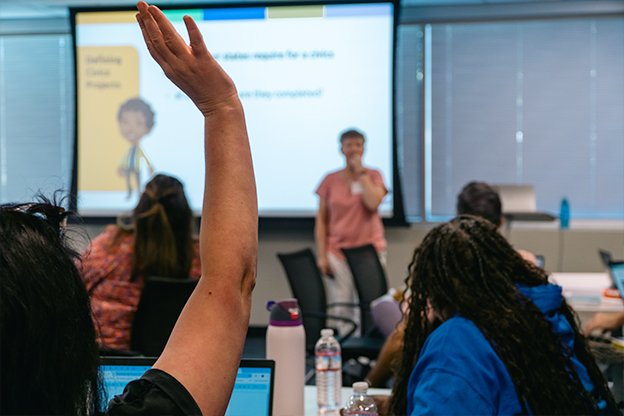We all know the feeling: that spark of inspiration from a new teaching strategy, the desire to deepen our understanding of a subject, or the need to implement a new curriculum effectively. Professional learning opportunities and collaboration with fellow educators, like the Collaborative Learning Pathway offered by iCivics, can be the fuel that keeps our passion for education burning bright and directly impacts the learning experiences we provide for our students.
But often, the cost of high-quality professional learning can feel like a personal hurdle. While funding from your district or school for the entire staff may be limited. That is why advocating for your own professional learning and development can be a game-changer for your growth and, ultimately, your students’ success.
But what does it look like to advocate for yourself, and how should you get started?
Before you submit your request, take a moment to reflect on why your district should invest in this specific professional learning opportunity for you. Consider these points:
- Improved student outcomes: How will this learning directly translate to a better learning experience and improved outcomes for your students? Be specific! Will it help you implement more engaging strategies? Address learning gaps? Enhance critical thinking skills?
- Alignment with district initiatives: Does the professional learning opportunity align with current district-wide goals or initiatives? For example, if your district is focusing on inquiry-based learning, highlighting an offering on that topic strengthens your case.
- Enhanced teaching practice: How will this learning enhance your instructional skills, classroom management, or assessment strategies?
- Leadership potential and collaboration: Will this learning equip you to be a better resource for your colleagues or take on leadership roles within the school?
- Staying current and innovative: Education is constantly evolving. Professional learning ensures you stay up-to-date on best practices and innovative approaches.
Your Advocacy Toolkit
- Do your research: Identify specific professional learning opportunities that align with your needs and school goals. Be prepared to provide details about the content, duration, cost, and potential impact.
- Connect to the curriculum: Clearly articulate how the professional learning will enhance your ability to deliver the curriculum effectively and meet learning standards.
- Highlight the benefits for students: Always bring it back to the students. Explain how your enhanced skills and knowledge will directly benefit their learning journey.
- Be specific and concise: Clearly state the professional learning opportunity you’re interested in and why you believe it’s a valuable investment.
- Offer to share: Suggest sharing your learnings with colleagues through a write-up for the school or district newsletter or blog, a presentation, or informal discussions, demonstrating a return on the district’s investment beyond your own classroom.
- Be professional and respectful: Approach your administration with a well-thought-out and respectful request.
- Follow school and district procedures: Understand the proper channels for submitting professional development requests.
Ready-to-Use Letter Template
To help you get started, we’ve created a customizable letter template you can adapt and send to your administrator. This template provides a solid framework for articulating your request effectively. We recommend updating the letter and benefits to fit the needs of your classroom and district.

